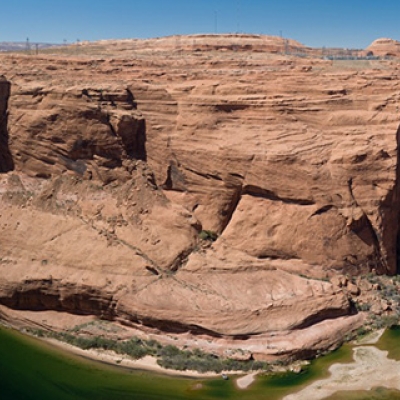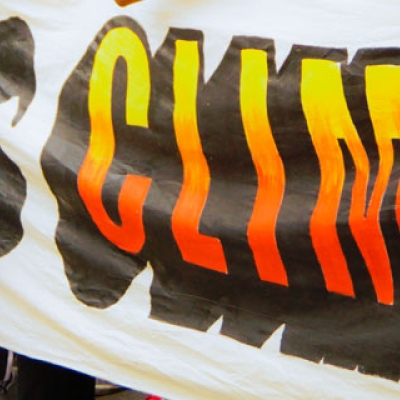
What will be the most pressing climate change issue in the next 50 years?
By Jada Mosley / On April 16th, 2019
We turned to some of our authors to find out—What do they think will be the most pressing climate change issue in the next 50 years? Why?



